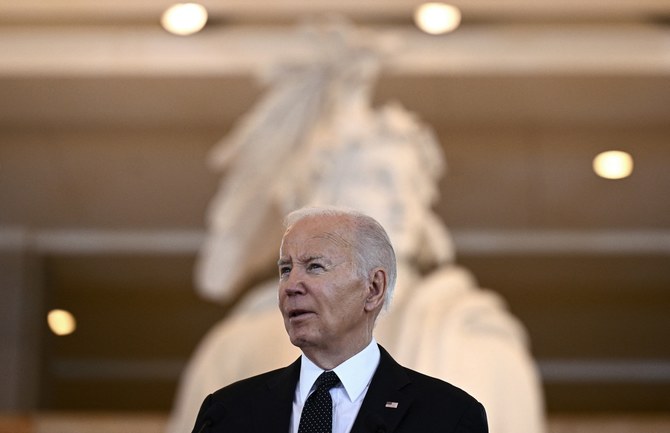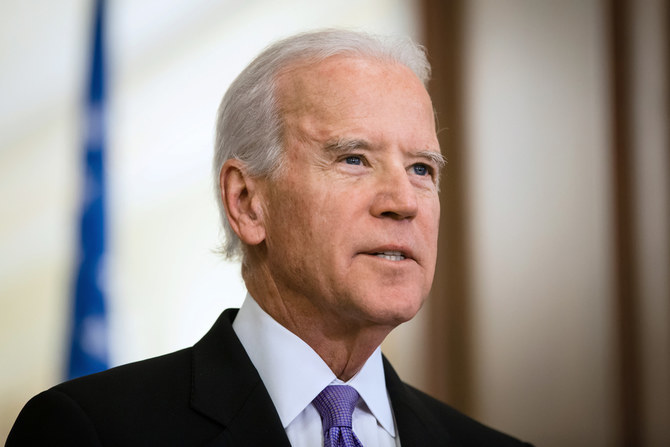
Young voters played an important role in the recent US elections, and they will increasingly have an impact on US politics and foreign policy. As the older members of Generation Z enter adulthood, their experiences and attitudes will become more influential.
The Pew Research Center defines Generation Z as Americans born between 1997 and 2012, placing this group today between nine and 24 years old. Generation Z is the most ethnically and racially diverse generation in US history and mostly grew up in the age of smartphones and social media. In terms of US foreign policy, they grew up after the sense of victory that defined the post-Cold War era had passed, but also at a time when the US has no peer rival in the world. On policy issues, the older Generation Z members have much in common with younger members of the Millennial generation (born between 1981 and 1996).
While there is limited polling specifically looking at Generation Z views on foreign policy, data from the Pew Research Center, the Center for American Progress, and other sources provides some clues. Many Generation Z adults and younger Millennials have no strong opinions on foreign policy, and Americans under 50 years old are less likely to spend time consuming news about foreign policy than older generations. This is likely to change, to some extent, as the generations age. Despite these limits, there are still important trends in how young Americans view their country’s place in the world.
Generation Z shares with other generations the belief that improving life domestically — such as improving infrastructure, education and healthcare — is important to making the US strong and competitive abroad. In one list of top foreign policy priorities, young Americans listed “protecting jobs for American workers” as a top concern. Generation Z, Millennials and Generation X (born between 1965 and 1980) are all more likely to prioritize focusing on domestic concerns while avoiding interference in other countries compared to older generations, who see US global leadership as critically important.
Another widely shared view across generations is fatigue with the wars in Afghanistan and Iraq. Younger Americans are less likely than older generations to support military interventions.
Young and old Americans are concerned about relations with China. Across generations, there tends to be a preference for a cautious approach that includes efforts to diminish political tensions with China while improving economic cooperation.
There also are significant gaps between young and older Americans’ views on foreign policy. Older Americans tend to see migration as a major threat, while younger Americans do not, according to a Pew poll. Older Americans worry more about China and Russia. Relations with Israel is another foreign policy issue with a generational divide: A Pew poll found that a majority of Americans over the age of 65 have favorable views of the Israeli government, but only 27 percent of Americans under the age of 30 agree. Younger Americans worry about cyberattacks, terrorism and nuclear proliferation but are less likely to see them as major threats compared to older Americans. Younger Americans are more supportive of multilateral cooperation to solve problems.
Climate change is the primary issue about which younger Americans are clearly more concerned than older Americans. A Pew poll found that 71 percent of Americans between the ages of 18 and 29 see climate change as a major threat, compared to 54 percent of Americans over the age of 50. Multiple other studies suggest that younger Americans are more likely to recognize anthropogenic climate change and see tackling it as a top priority. Of course, Generation Z will have to live with the consequences of climate change for longer than older generations.
Every generation experiences specific events that affect their worldview. The Baby Boomers, born between 1946 and 1964, experienced US economic growth after the Second World War, as well as the Cold War and the Vietnam War. The defining foreign policy experiences for many members of Generation X were the Sept. 11, 2001, terrorist attacks and the wars in Afghanistan and Iraq. Those same wars defined the foreign policy experience of Millennials. The older members of Generation Z are coming of age in the midst of a global pandemic, but the foreign policy events that will shape this generation are mostly yet to happen.
Some members of Generation Z are calling for greater input into US foreign policy. If they continue voting in larger numbers, they might gain more influence. However, younger generations always want more influence and frequently have grievances against the older generations. Younger generations usually want a chance at power, while older generations are slow to move aside.
It would be better for the generations to learn from each other. Older generations offer experience and historical perspective. There are important lessons to be learned from the Cold War, the Iraq and Afghanistan wars, and more. There is always a reason for a previous policy; the salient question is whether the reasons were good and whether conditions have changed.
Younger people also make a valid point that they will inherit the world that older people create. Younger generations often have a more intuitive understanding of the world as it exists today, with its technological, economic and social changes. They are not burdened by past assumptions that might not be applicable to the modern world.
A better future for everyone is more likely when older and younger generations learn from each other and work together.












